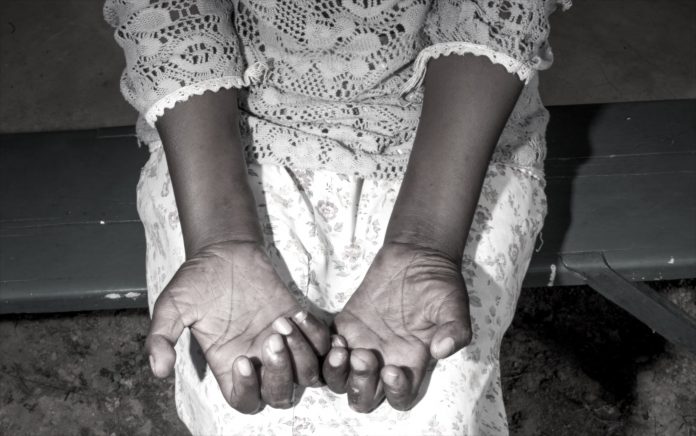Japan’s bishops have apologized for failing to help leprosy patients and their families who suffered years of mistreatment and discrimination under a segregation law.
Japan rounded up thousands of patients and forced them to live in sanatoriums located in mountains and on remote islands, under the controversial law which was not repealed until 1996.
Families of former patients won a class action this year against the government for decades of discrimination for simply being related to someone with leprosy, which is now curable.
Prime Minister Shinzo Abe issued an apology to families this month following the court ruling, saying they had endured “extremely severe prejudice”.
Bishops expressed deep remorse for failing to oppose the segregation policy, despite a Rome Declaration in 1956 calling for protection and reintegration of leprosy patients and an end to such laws.
“Japan’s bishops did not oppose the isolation and destruction of patients, did not support patients’ rights to compensation and restoration, did not recognize that our failure added to their suffering, and did not stand with those whose rights needed protection,” they said in a statement.
“Words do not suffice to express the deep remorse we feel for adding to the suffering of those patients and their families.
“Now that so many of those patients and their family members have been admitted to nursing care, their increasing age makes further delay unforgiveable.”
“We offer our sincere apology. We promise from our hearts to not repeat that sin again, but as followers of the Lord Jesus Christ to cherish all people and to never again fail to respect human rights,” the bishops said.
The families say they were shunned by society, with the stigma attached to the disease harming their chances of employment, education, marriage and more. The government has indicated it will move swiftly to pay compensation to the families following the class action win.
A Japanese court ruled in 2001 that the policy was unconstitutional and should have been discontinued after effective drug therapies for leprosy, or Hansen’s disease as it’s now known, were made available by the 1950s.









